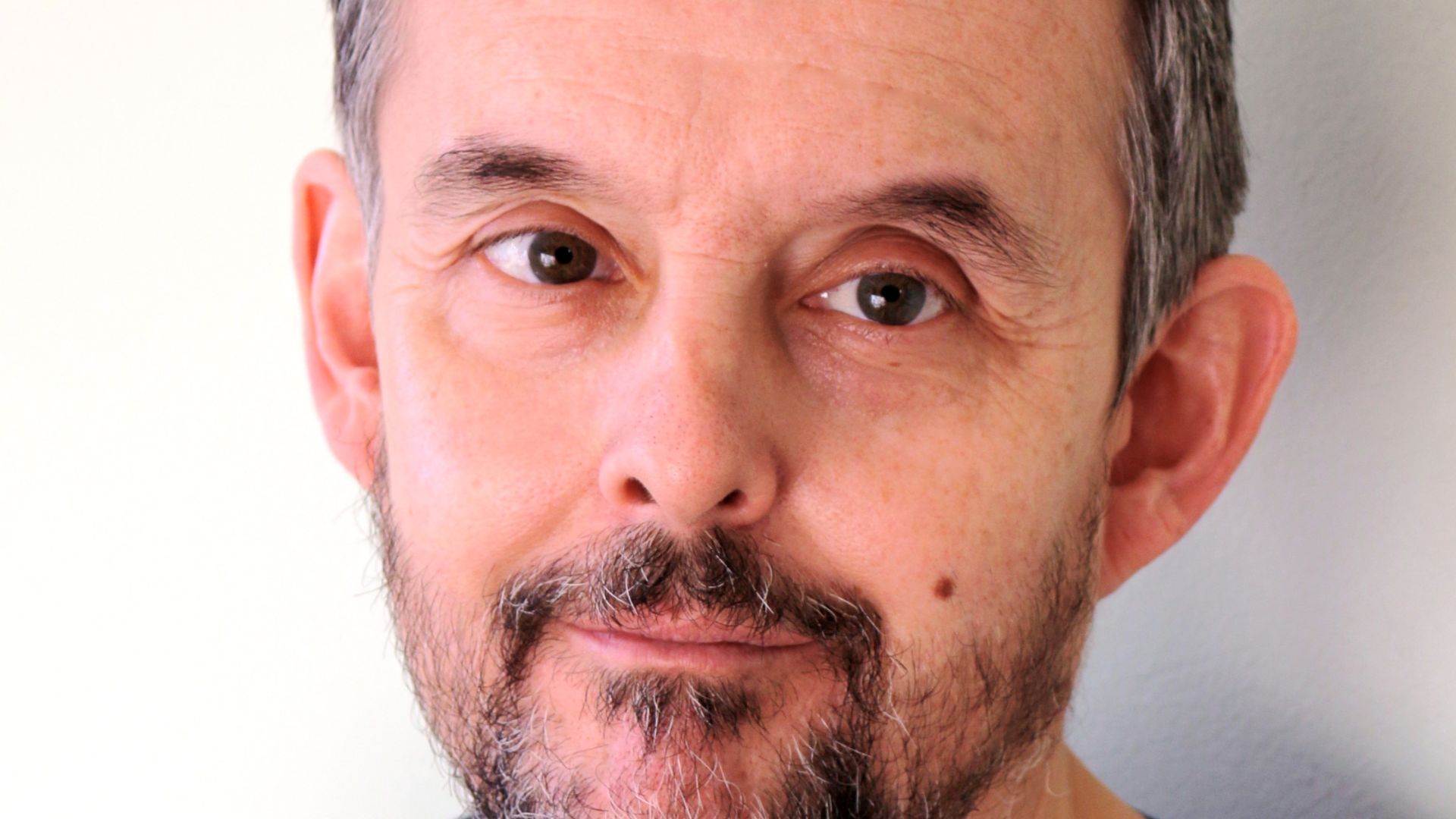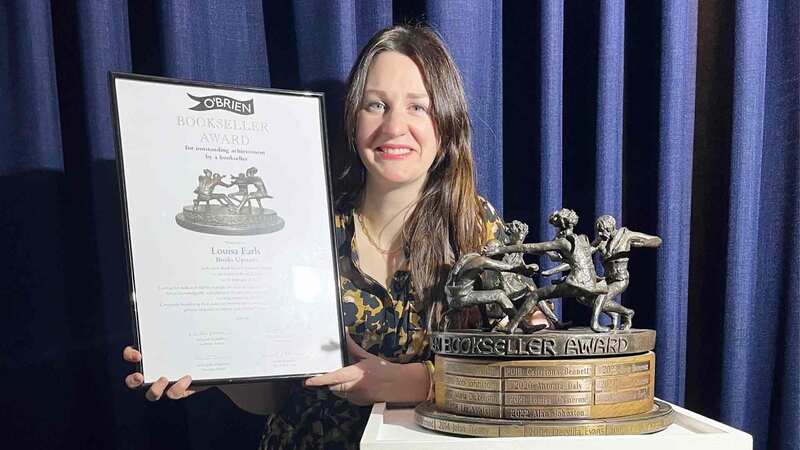You are viewing your 1 free article this month. Login to read more articles.
Bluebird to publish ‘groundbreaking’ book on the science of stress hormones after four-way auction
Jodie Lancet-Grant, associate publisher at Bluebird, has acquired UK and Commonwealth rights (excluding Canada) in a four-way auction for Stress: Tested: The New Science of Stress Hormones and What To Do About Them by Dr Richard Mackenzie and Peter Walker, from Rachel Mills at Rachel Mills Literary.
Stress: Tested will publish on 24th April 2025 and is described as “a groundbreaking investigation into the new science of stress hormones and their impact on our bodies”.
“Everyone knows chronic stress is bad for you,” the publisher said. “But very few understand why – and how you can change things. A pioneering collaboration between a leading researcher and a well-known journalist, Stress: Tested explains how long-term stress hormones can make your body less good at processing sugars, setting it on the path towards type-2 diabetes with knock-on effects including weight gain, tiredness and inflammation. It explores cutting-edge new findings, including the impact of cortisol in the womb and early childhood on attachment style, and how stress hormones affect fertility in both men and women.”
Dr Mackenzie said: “Stress is an unpreventable aspect of life. Short-term stress responses (or the fight-or-flight response) are in place as part of an evolutionary survival mechanism. But my research into cortisol over the last 20 years, combined with my private clinical practice work, has shown how extending stress over the long term contributes to insulin resistance, which in turn affects weight, fertility, immunity and a host of other conditions. I want to bring these findings to the general public for the first time, to empower everyone to make the best, science-backed, choices in their lives.”
Walker added: “This is a hopeful story, about understanding the way stress affects out delicate hormonal balance and what you can do to mitigate this. But it’s not about blame, or endless, unrealistic to-do lists. No one should feel guilty for being stressed. Understanding how, and why your body responds to it is often half the battle.”

















